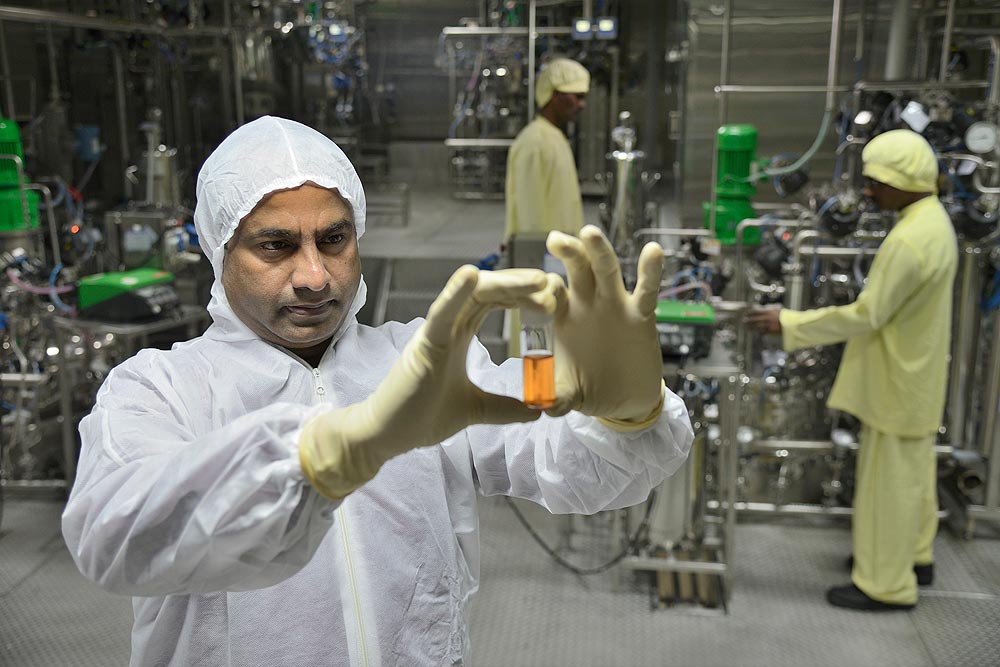Indian Immunologicals develops first-of-its kind needle-free COVID-19 intranasal vaccine
August 27, 2024 | Tuesday | News
Live-attenuated needle free intra-nasal booster vaccine developed using codon deoptimisation technology
Hyderabad-based Indian Immunologicals Limited (IIL), a leading vaccine manufacturer, has announced the development of live-attenuated needle free intra-nasal booster vaccine developed against SARS-CoV-2 using codon deoptimisation technology in collaboration with Griffith University, Australia. This groundbreaking work on Covid-19 vaccine has been published in the world’s leading science Journal ‘Nature Communications’ on 26th August 2024.
Among different formats of vaccines available, it is well known that live attenuated vaccine generates a robust and broad-spectrum neutralizing antibody response. IIL’s needle free intra-nasal booster vaccine against SARS-CoV-2 developed using codon deoptimisation technology demonstrated remarkable stability and maintained safety in extensive animal studies.
Codon deoptimisation involves decreasing the frequency of underrepresented codon pairs (genetic determinant for amino acids) without changing amino acid sequences. It is a highly efficient virus attenuation strategy that utilises suboptimal codon pairs to achieve attenuation of recoded viruses. Virtually all the viruses can be attenuated by this method.
Speaking on the occasion, Dr K Anand Kumar, Managing Director, Indian Immunologicals Limited said, “This accomplishment signifies a major step forward in our battle against COVID-19. The development of this vaccine not only highlights our dedication to innovation in public health but also demonstrates IIL’s capability in adopting novel technology."
Dr Priyabrata Pattnaik, Deputy Managing Director, Indian Immunologicals Limited added, “This is a perfect example of Industry-Academia collaboration translating concepts to products for the benefit of people at large. Our R&D team has dedicated immense effort to the creation of this innovative vaccine, and we take pride in its proven safety and efficacy in generating a protective immune response with just a single dose".










